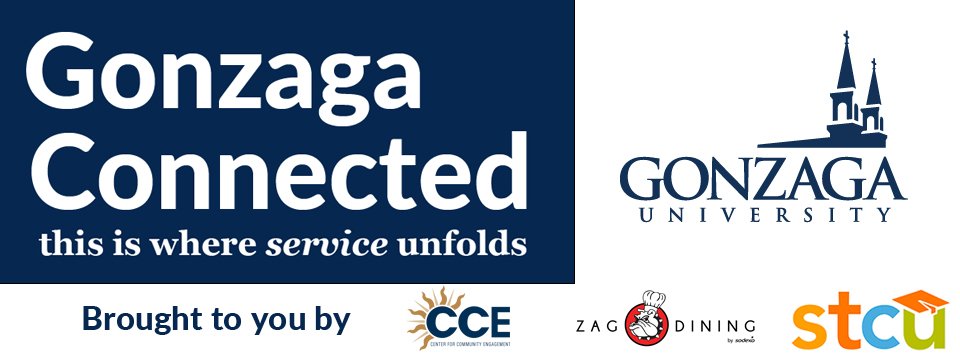

Who We Are
The focus of Community Oriented Policing is problem solving. POLICE WILL STILL RESPOND TO EMERGENCIES. However, many calls to the police are not police related and are more effectively handled by other agencies. As the number of non-emergency calls decrease, benefits to citizens increase. No single agency can solve complex social problems alone. A combined community-police effort restores the safety of our neighborhoods and business districts. With the help of community volunteers, Community Oriented Policing allows: - Officers to spend more time working with citizens to solve crime and disorder problems. - Officers can more effectively use and share crime information with the public. - Officers to know both a community?s problems and its residents, linking people with other public and private agencies that can help solve community concerns.
What We Do
The mission of Spokane C.O.P.S. is to assist the Spokane Police Department in providing services to the neighborhood for the betterment of the entire community. The intent is to train, educate and enable the community to assume primary responsibility for those conditions in the neighborhood which provide security or have the potential to result in crime. This involves networking and collaboration with neighborhood and community service providers. In 1991, two young girls were abducted from their neighborhood in Spokane?s West Central area. One was found dead, the other has never been found. The shocking crimes brought West Central residents together and they were determined to find ways to make their children and homes safer. The meetings included representatives from the Police Department, Spokane Public Schools, the city?s Human Services Department, West Central Community Center, and the Washington State University (W.S.U.) Cooperative Extension Service. After months of meetings, these groups, police officers, and citizens from the neighborhood created C.O.P.S. West. The police-trained citizen volunteers take reports, gather information about possible drug houses, and become effective crime fighters. A merchant donated a building at Elm and Boone, and volunteers renovated it. A governing board was created with the involvement of scores of residents. The volunteers established a schedule to keep the center open daily. Police officers use the location to write reports, meet with residents, and afford a visible presence. In March of 2002, we opened our first closed-campus high school substation in Lewis and Clark. In May 2003, C.O.P.S. West celebrated its eleventh anniversary. Congratulations were offered in person by the Speaker of the U.S. House of Representatives, the Spokane Mayor and Council members, and Police Chief Terry Mangan, among others. Since the establishment of C.O.P.S. West, there are now a total of 9 neighborhoods that have opened their own C.O.P.S. substations. In each neighborhood where a C.O.P.S. substation is operating, it becomes a focal point for citizen involvement. We hope, eventually, most Spokane neighborhoods will have their own variation of a C.O.P.S. Shop, staffed by trained volunteers who take an active part in their own community safety.
Details
| (509) 939-8996 | |
| dmorris@spokanecops.org | |
| David Morris | |
| Field Operations Manager | |
| http://www.spokanecops.org |


